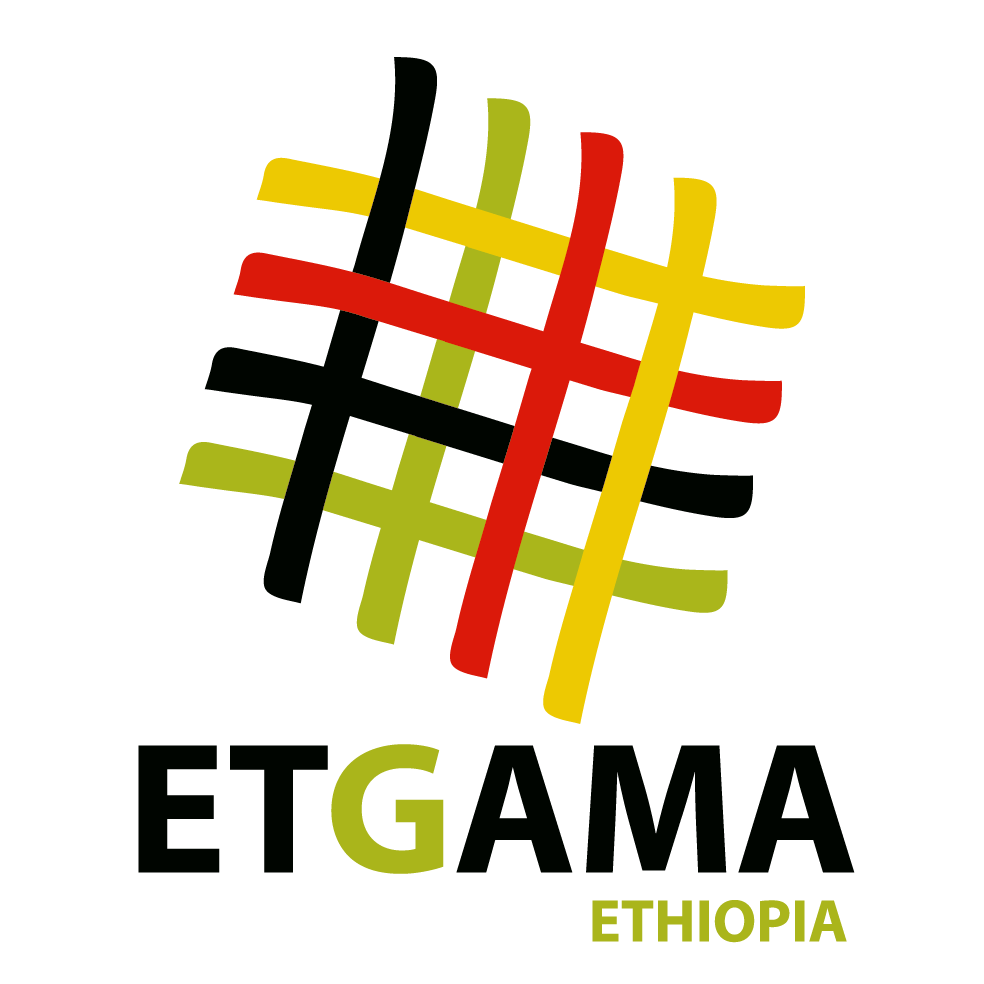Despite the conflict in Ethiopia and a difficult international environment, there are still positive developments. Partner Africa Ethiopia is pushing ahead with the pilot project for transparent supply chains. At the same time, the measures for quality improvement and certification in cotton cultivation continue.
Weak growth
After Ethiopia has made a name for itself with high growth rates in recent years and achieved growth of 6 percent even in the corona year 2020, the current outlook is far more cautious. Foreign exchange shortages and the devaluation of the national currency Birr make imports even more expensive.
Conflicts nationally and internationally
The war in Ukraine is also affecting Ethiopia: Ethiopia imports a lot of food, so that high international prices threaten food shortages. Ethiopia gets an n-quarter of its wheat from Ukraine. Shortages of iron, steel and fertilizer also threaten. The Tigray conflict has not yet been resolved. This deters investors and buyers. The border regions with Eritrea and Sudan are still inaccessible. In Mekele, a textile centre in the north of the country, some companies had to shut down production.
US tariff advantages eliminated, EU grants zero tariff
At the turn of the year, the US withdrew the AGOA tariff preferences for Ethiopia. This led to the withdrawal of some Asian clothing manufacturers, whose interest in Ethiopia depended on tariff advantages in the USA. The EU continues to grant Ethiopia zero tariffs on simplified rules of origin. Exports only need to go through a work step, such as ready-to-wear. Customs clearance of primary products is dispensed with.
Taking the opportunity of locational advantages
This makes it all the more important to exploit existing locational advantages. These include domestic cotton cultivation as an important raw material base in one’s own country and the fully existing textile value chain, characterized by medium-sized family businesses. With Ethiopian experts, partner Africa Ethiopia was able to advance the quality improvement in cotton cultivation despite the corona crisis and the Tigray conflict. Also this year, trainings will be continued in various cotton-growing regions. The on-site training courses accompany the farmers from sowing to harvesting and ginning. As a result, quality defects will be successively caused by contamination or errors in harvesting and transport. As a result, Ethiopian spinning mills can achieve significantly better qualities.
Picture: Different cotton quality types. Source: SODEFITEX.
Pilot project Traceability
Because Ethiopian cotton is scarce due to crop failures and quality deficiencies are still ongoing, partner Africa Ethiopia has provided cotton from Senegal for the start of the pilot project “Transparent Supply Chain”. Kombolcha is the first pilot spinning mill to produce various standard qualities from the imported fibre. The yarns are processed in our own weaving mill, but are also to go to various circular knitting shops. At the next Africa Sourcing & Fashion Week in Addis Ababa in November, Gesamtmasche and the Ethiopian textile association ETGAMA will together present the results of the pilot.

